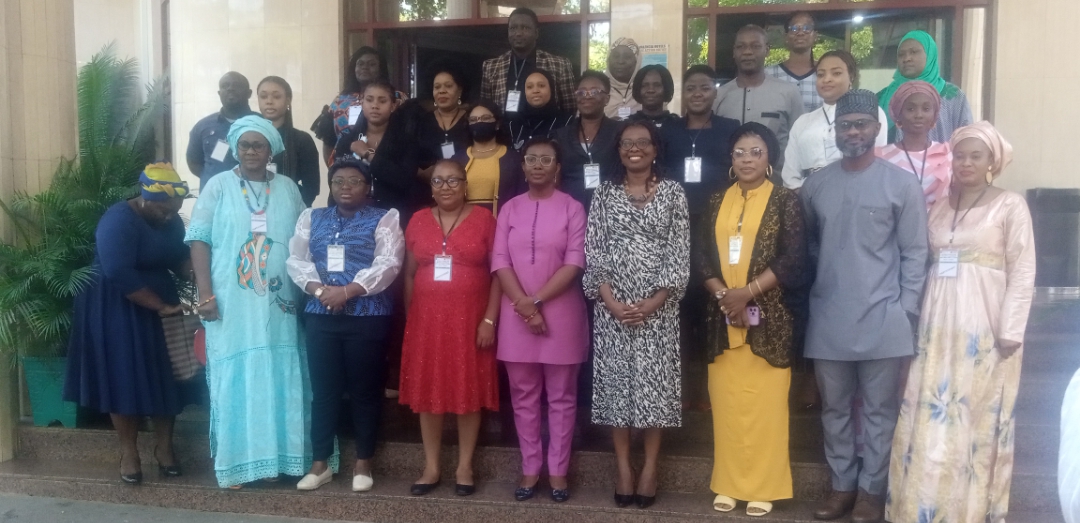
By Collins Yakubu-Hammer
The Kofi Annan International Peacekeeping Training Centre (KAIPTC) from Ghana, on Monday commenced the training of executive officers of NGOs and state institutions on the involvement of women in peace and security in Africa.
The Deputy Director, Faculty of Academic Affairs and Research, Dr Emma Birikorang in her remark said there had been a lot of progress in developing the agenda of women in peace and security.
The five-day training on ‘lWomen in Peace and Security Leadership and Mentoring course was organised by the Women, Peace and Security Institute (WPSI) of the KAIPTC.
It was with support by the Ministry of Foreign Affairs of the Kingdom of Denmark under the project, “Promoting Peace and Security in Africa”.
“The training is aimed at enhancing the capacity of operational-level leaders working in the areas of Women, Peace and Security (WPS) within the ECOWAS sub-region.
“It is also to provide leadership and mentorship skills aimed at promoting the implementation of the WPS Agenda in Africa.
“The WPS Leadership and Mentoring Course forms part of the KAIPTC’s efforts at providing targeted training for leaders working in Africa’s peace and security environment.
“It is an offshoot of the year-long Inspiring African Women Leaders in Peace and Security Programme developed by WPSI in 2019.
“However, this session provides a shorter training path, but without doubt, offers participants a unique opportunity to enhance their skills in leadership and mentoring,” Birikorang said.
She explained that in recent years, there had been a call to go beyond the numbers in promoting female participation in peace processes and create opportunities that ensure the meaningful participation of women.
“We hope that through this training, participants will be able to enhance their skills, leverage their power, networks and alliances, and influence decision-making in the peace and security environment”.
According to her, the training is expected to filter down to the grassroots, so that the capacity of women at that level can also be built.”
Similarly, Head of WPSI of KAIPTC, Joana Osei-Tutu said that the world had began to realise that it was not the issue of having women on the table.
“But it is important that there is a holistic negotiations to happen when it comes to peace and security.
“We have two gender; male and female, and we are going to have a conversation on peace and security, which affects everyone, both male and female.
“And note that when it comes to issues of conflicts, the victims are women and children, and we are going to discuss on resolving the problem and have the people affected involved at the table.
“Having women at the table, shows the necessity of both gender at the table and having a holistic conversation of those who have gone through the process and those to resolve it is a necessity,” Osei-Tutu
Speaking in same vein, the Senior Researcher, Faculty of Academic Affairs and Research, KAIPTC, Dr
Fiifi Edu-Afful said the conversation on gender security could not be done by women only.
According to him, there is need to create the space for the women’s voice to be heard.
“When you are having this kind of conversation, you need both men and women on the table to be able to create an enabling environment for women leadership.
“Men really need to be around to identify the barriers that were placed, so that collectively, we will be able to resolve the issues.
“It is true that some works in that regards have been done, but more work needs to be done,” Edu-Afful said.
The News Agency of Nigeria (NAN) reports that participants were drawn from Anglophone and Francophone countries in the ECOWAS sub-region. (NAN)